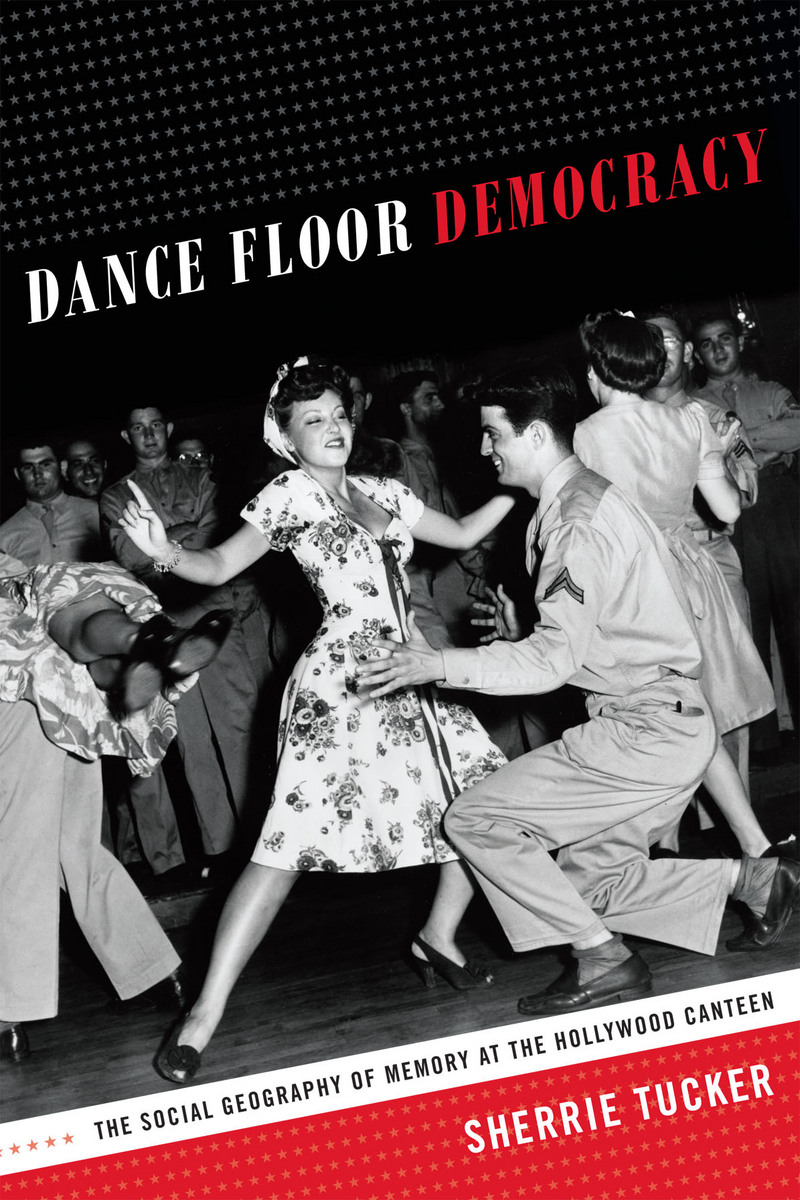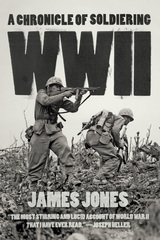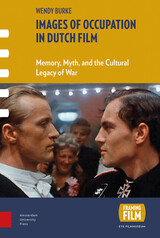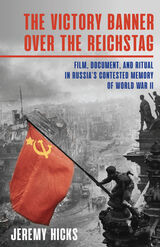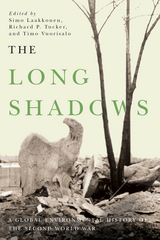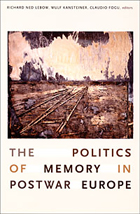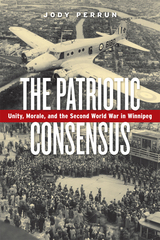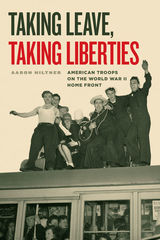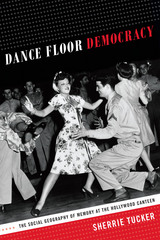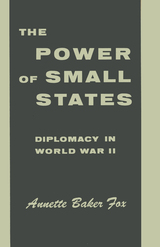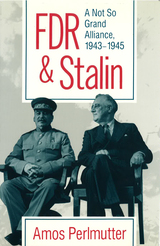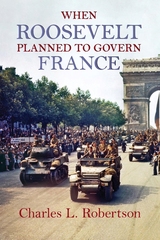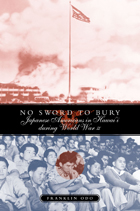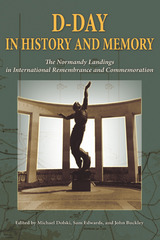Dance Floor Democracy: The Social Geography of Memory at the Hollywood Canteen
Duke University Press, 2014
Paper: 978-0-8223-5757-5 | Cloth: 978-0-8223-5742-1 | eISBN: 978-0-8223-7620-0
Library of Congress Classification D744.7.U6T83 2014
See other books on: Los Angeles | Los Angeles (Calif.) | Memory at | Social Geography | Tucker, Sherrie
See other titles from Duke University Press
Paper: 978-0-8223-5757-5 | Cloth: 978-0-8223-5742-1 | eISBN: 978-0-8223-7620-0
Library of Congress Classification D744.7.U6T83 2014
ABOUT THIS BOOK | AUTHOR BIOGRAPHY | REVIEWS | TOC | REQUEST ACCESSIBLE FILE
ABOUT THIS BOOK
Open from 1942 until 1945, the Hollywood Canteen was the most famous of the patriotic home front nightclubs where civilian hostesses jitterbugged with enlisted men of the Allied Nations. Since the opening night, when the crowds were so thick that Bette Davis had to enter through the bathroom window to give her welcome speech, the storied dance floor where movie stars danced with soldiers has been the subject of much U.S. nostalgia about the "Greatest Generation." Drawing from oral histories with civilian volunteers and military guests who danced at the wartime nightclub, Sherrie Tucker explores how jitterbugging swing culture has come to represent the war in U.S. national memory. Yet her interviewees' varied experiences and recollections belie the possibility of any singular historical narrative. Some recall racism, sexism, and inequality on the nightclub's dance floor and in Los Angeles neighborhoods, dynamics at odds with the U.S. democratic, egalitarian ideals associated with the Hollywood Canteen and the "Good War" in popular culture narratives. For Tucker, swing dancing's torque—bodies sharing weight, velocity, and turning power without guaranteed outcomes—is an apt metaphor for the jostling narratives, different perspectives, unsteady memories, and quotidian acts that comprise social history.
See other books on: Los Angeles | Los Angeles (Calif.) | Memory at | Social Geography | Tucker, Sherrie
See other titles from Duke University Press
